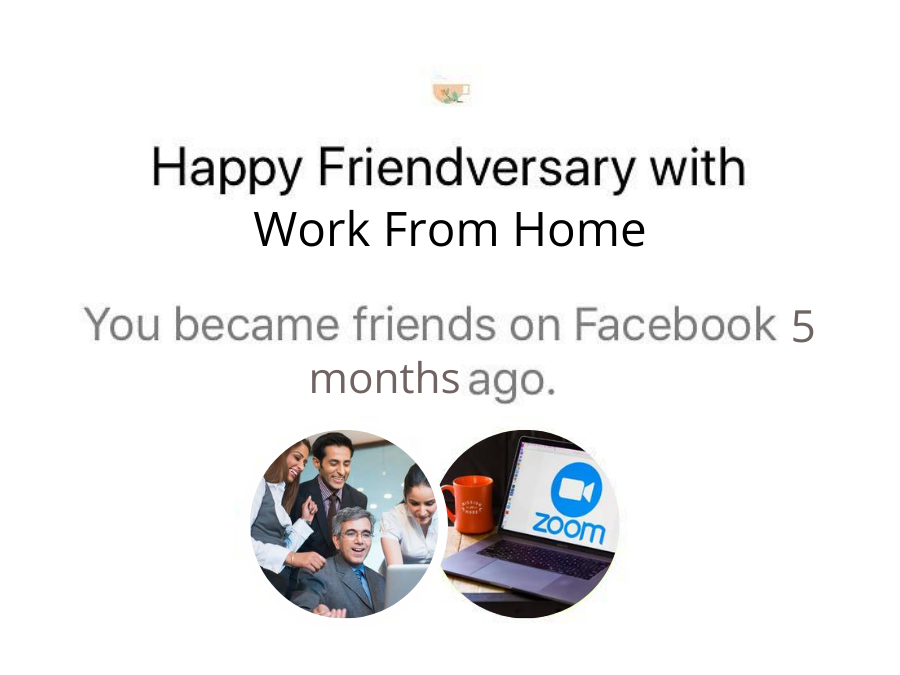The average workday (and mental pressures along with it) have increased exponentially during this pandemic. According to NordVPN, employees in the U.S. are stretching their workdays by 3 hours and some European regions are stretching by 2 hours. From what it personally feels like, we’ve not stopped working for a minute since the pandemic lockdowns hit India in late March. While work from home is definitely keeping us and our loved ones safe from COVID-19, it’s definitely wreaking havoc on some aspects of our lives.
We’re taking you through how ThinkTree made it work.
1. Connecting Meaningfully for Work-From-Home
Just because we’re all online 24/7 doesn’t mean that work will get done efficiently. Being on calls and virtual meetings can steal away productive time from you. At ThinkTree, we made it easier for everyone by only organizing meetings when strictly necessary. This ended up helping us declutter our calendars for enough productive time & time for an afternoon nap!
2. Maintaining Some Semblance of Normalcy
Yes, we still have employees playing their music loudly – they’re doing it on Zoom calls now instead of just behind our workstation (Not the Zoom calls with clients – we hope!) Our young team meant that we were able to sustain our culture via virtual game sessions, goofing off by giving our mates proxy, playing “Whose Got the Worst Deadline” and sharing memes.
3. Connecting About Everything but Work
All work and no play makes us a dull person. And let’s be honest, we need to be fun to make these cute campaigns and creatives! A critical component of staying mentally active were the sessions with Jigsaw Thinking about learning & leadership. It forced us to drop all our work for a few hours every week and focus on developing our personalities and tackling real-world problems. On a lighter note, playing around at work (think insane Zoom backgrounds, playing copy games and more) definitely helped unwind.
Check out our Instagram for some fun examples of these!
We know, it’s not that simple
We are immensely blessed to not be in a vulnerable position during these times. It’s the reason why these seemingly simple fixes have worked for us. While the earlier points make it seem super easy, it’s totally ok not be ok. Keep an open mind and heart as we really don’t know what another person may be experiencing!
If any other solutions have worked for you – or you tried out some of our tips – drop us a message. We’d love to chat!




